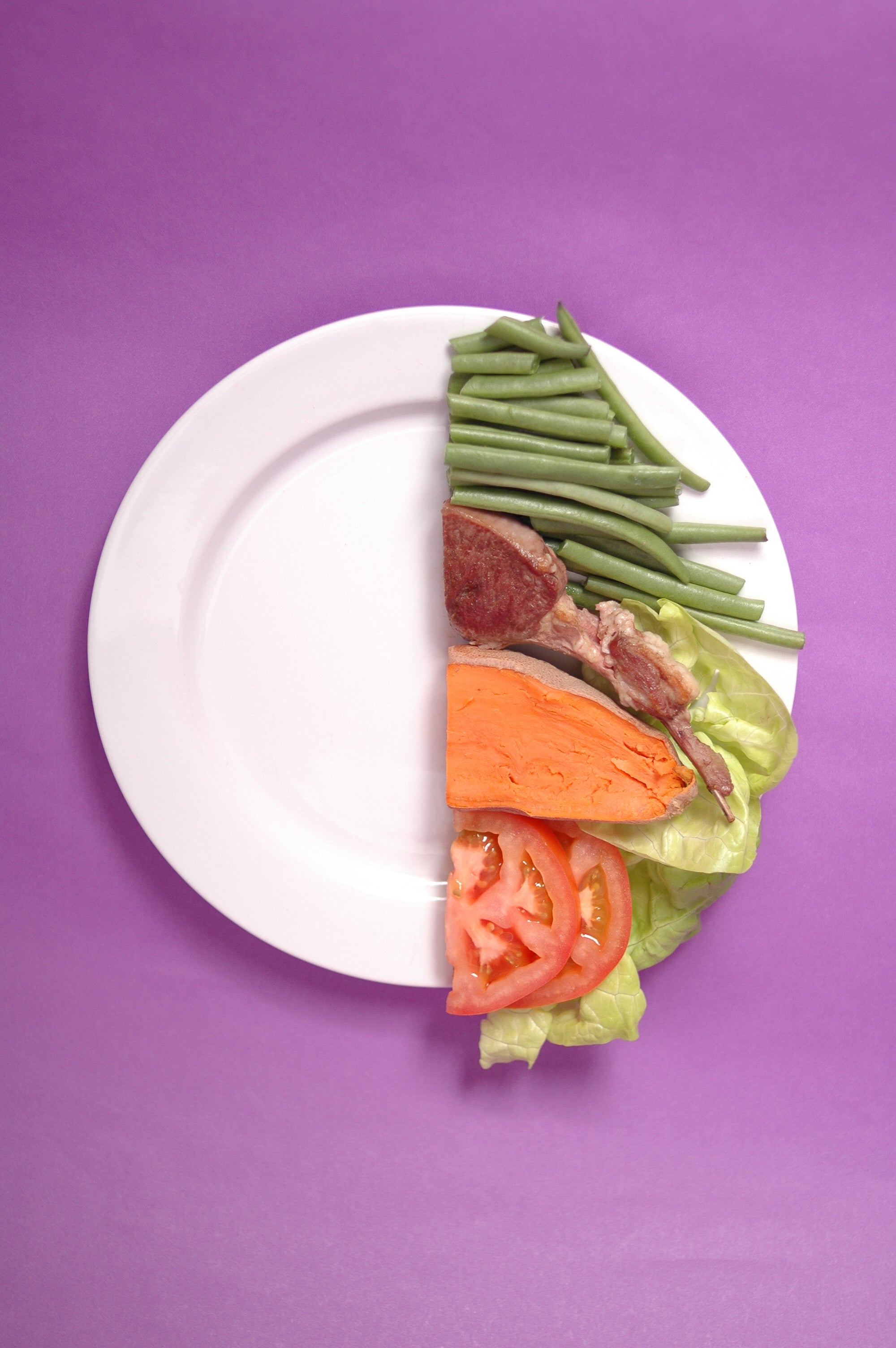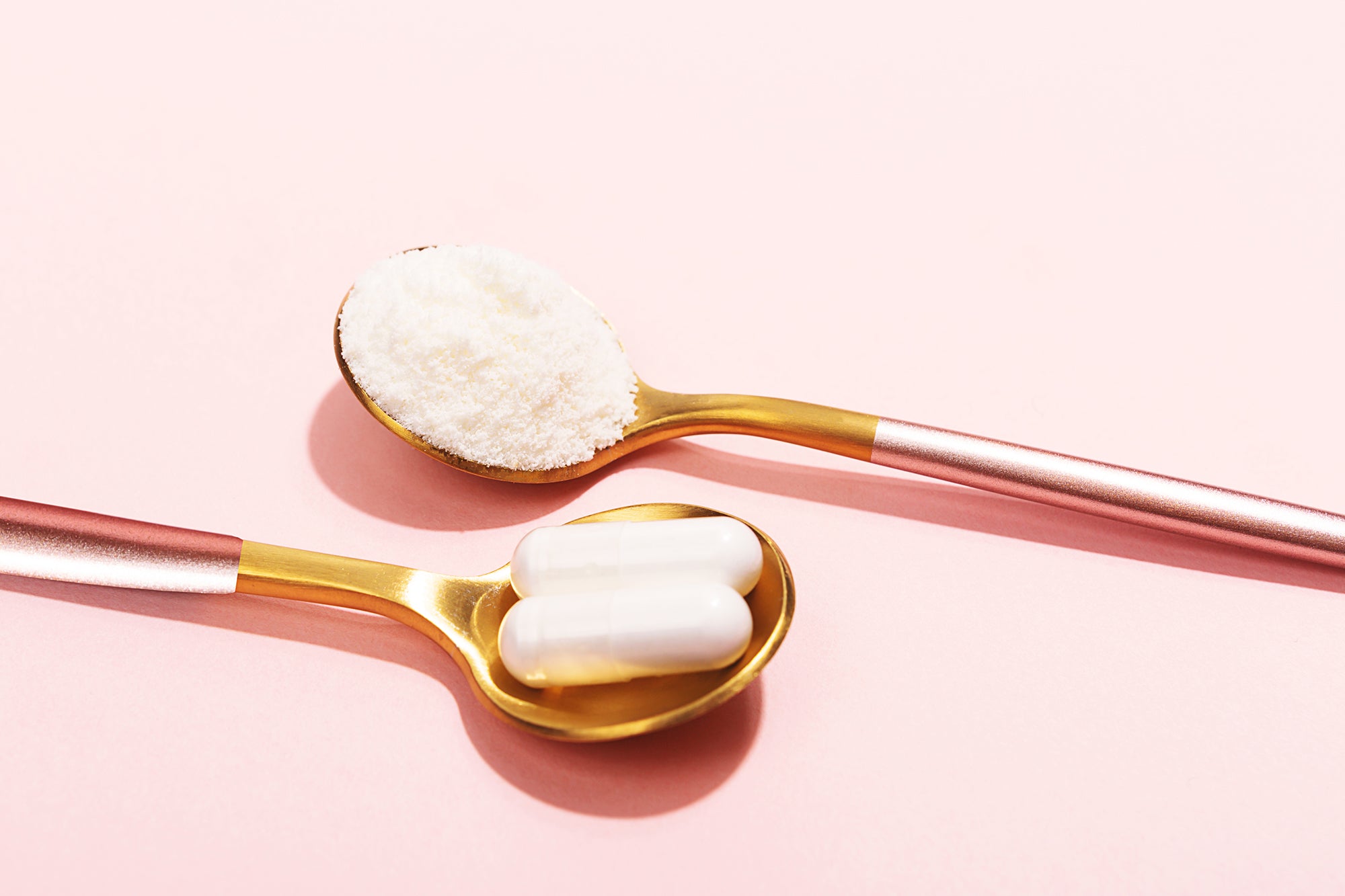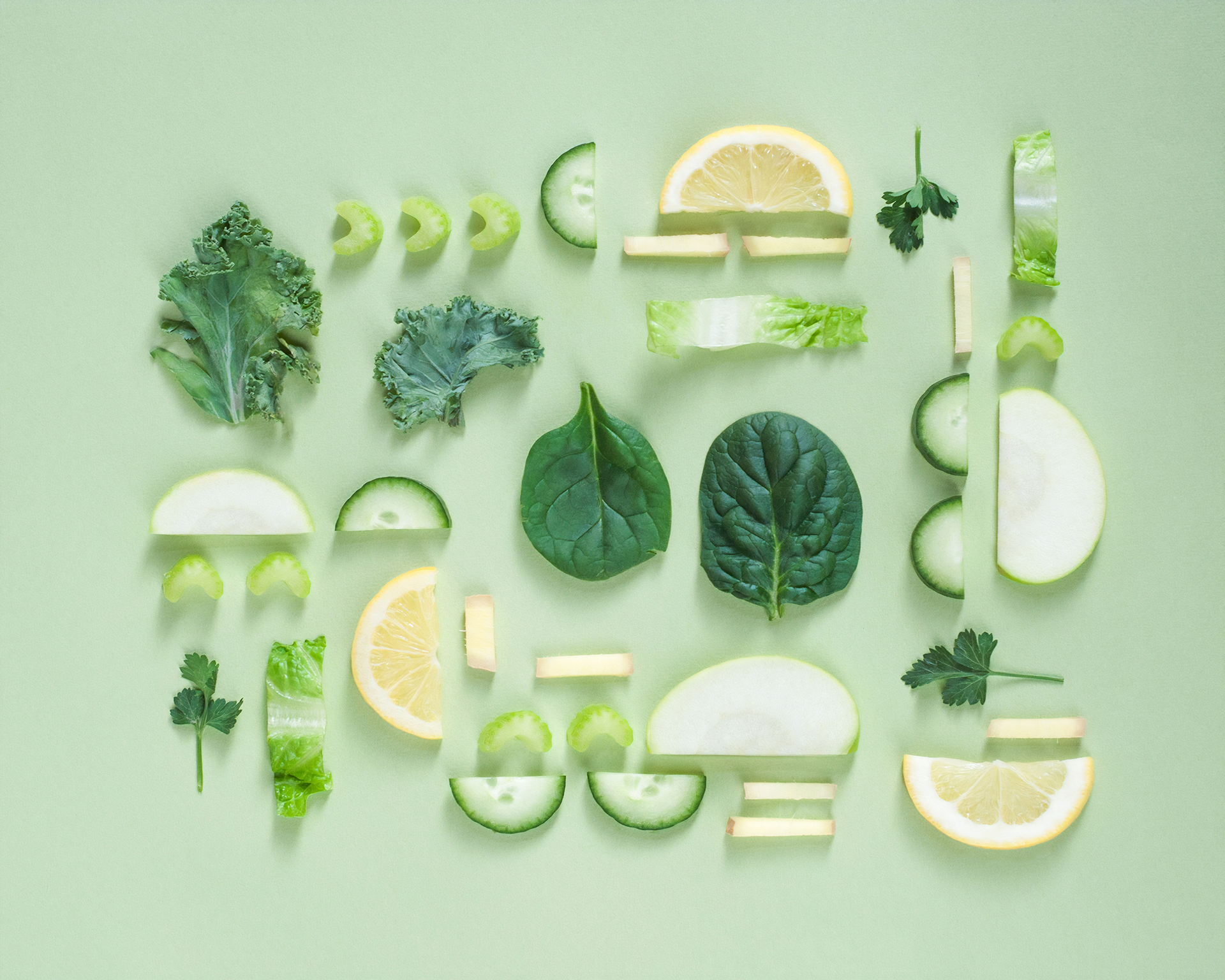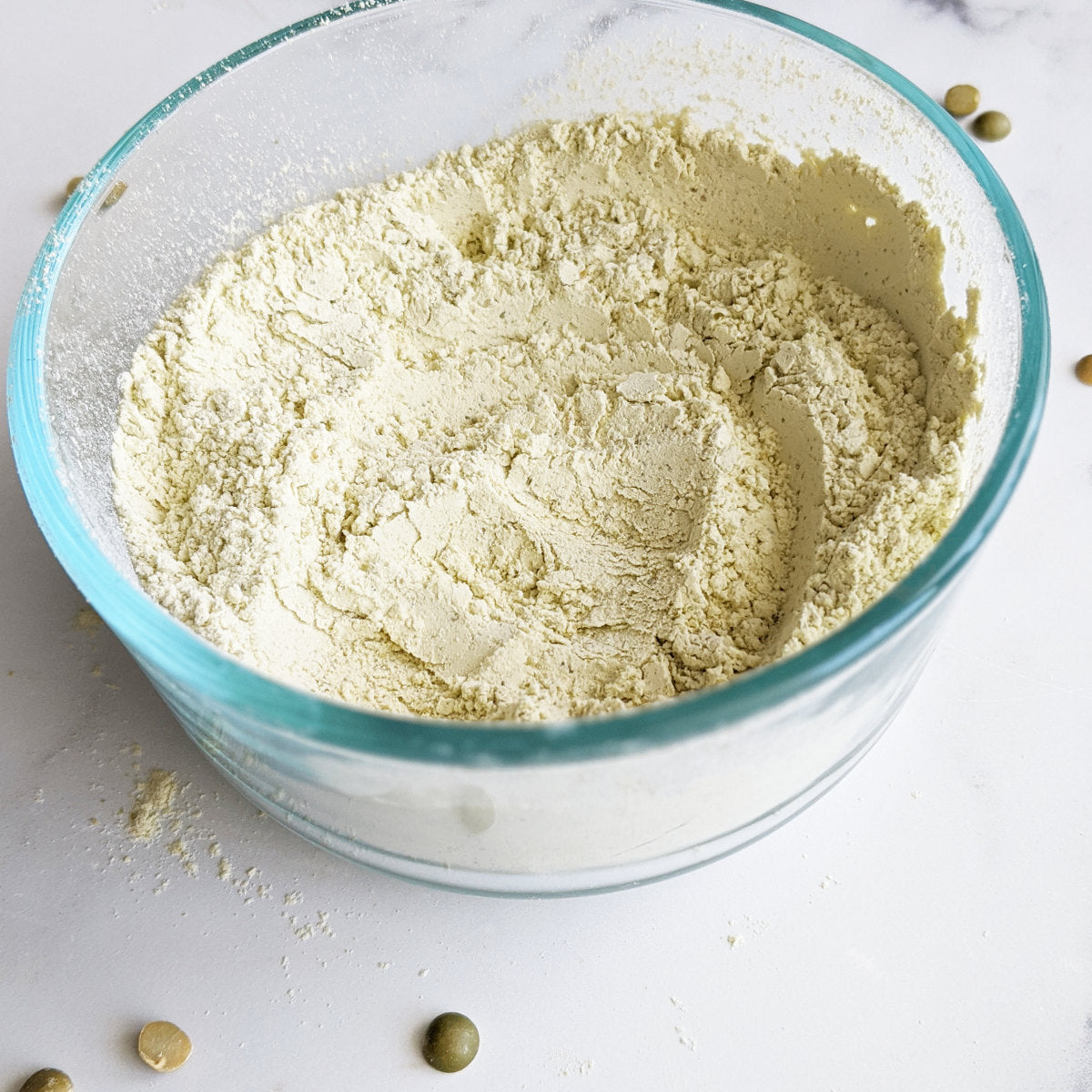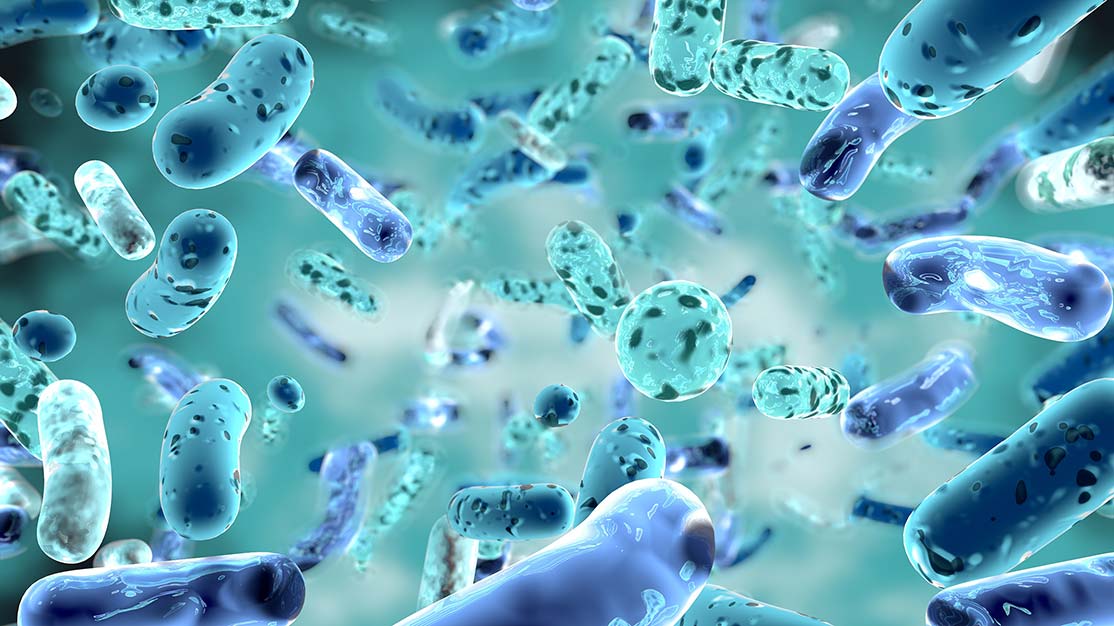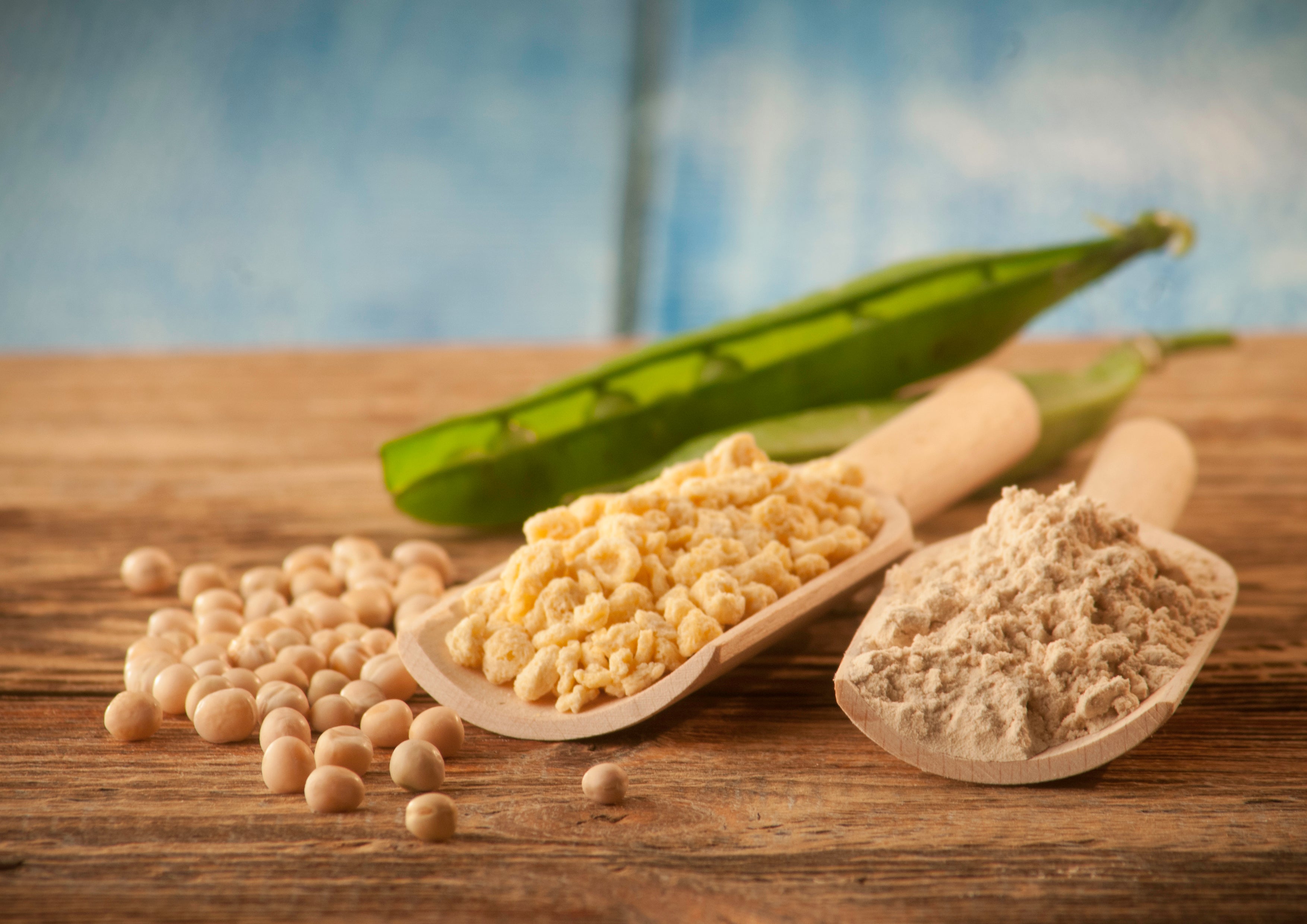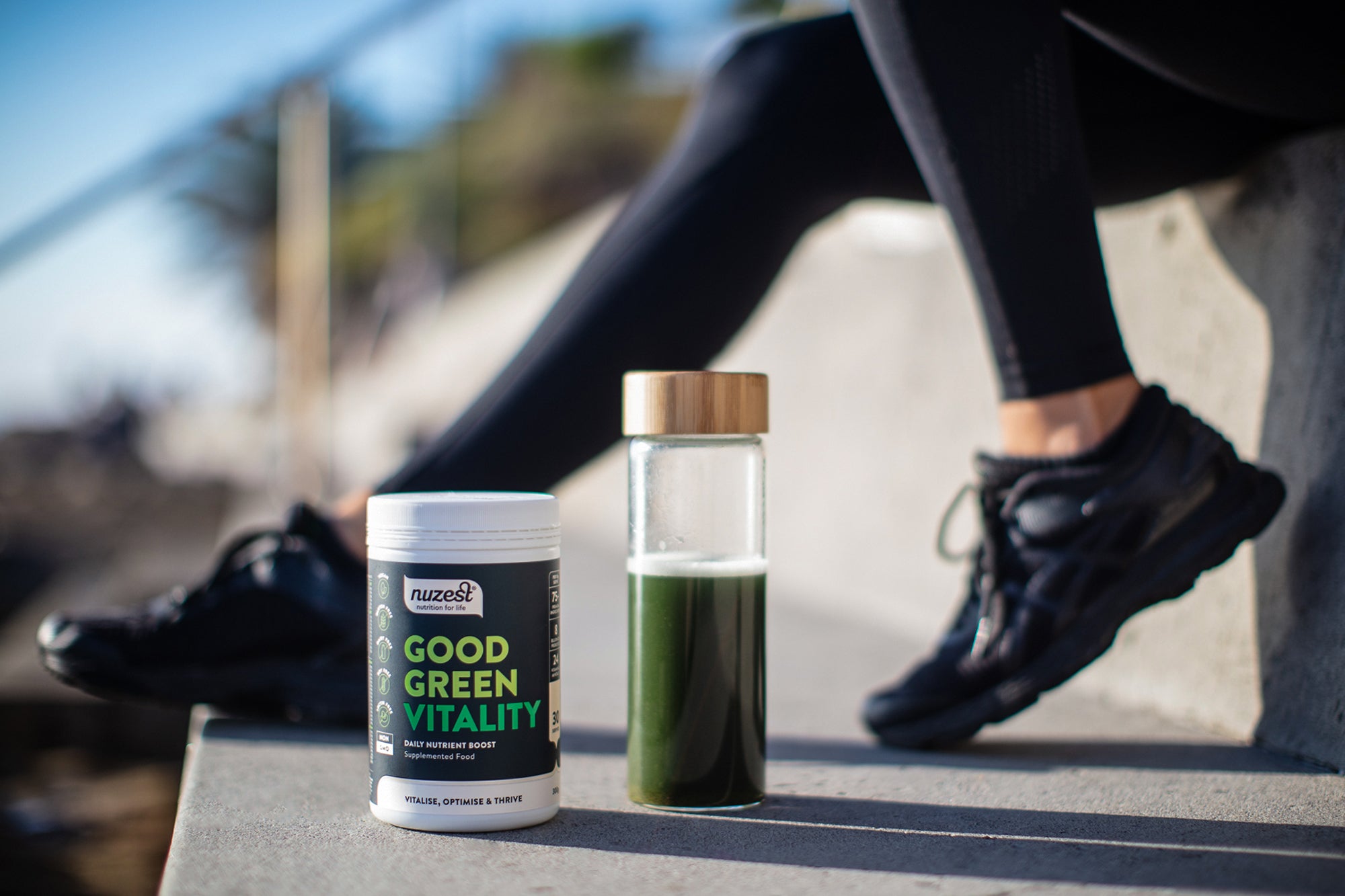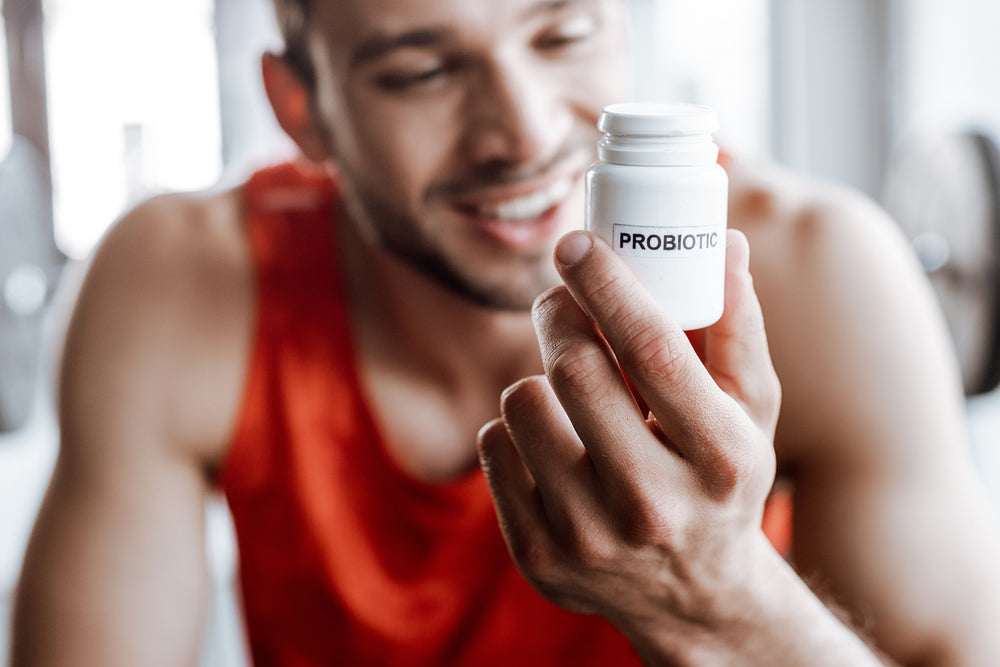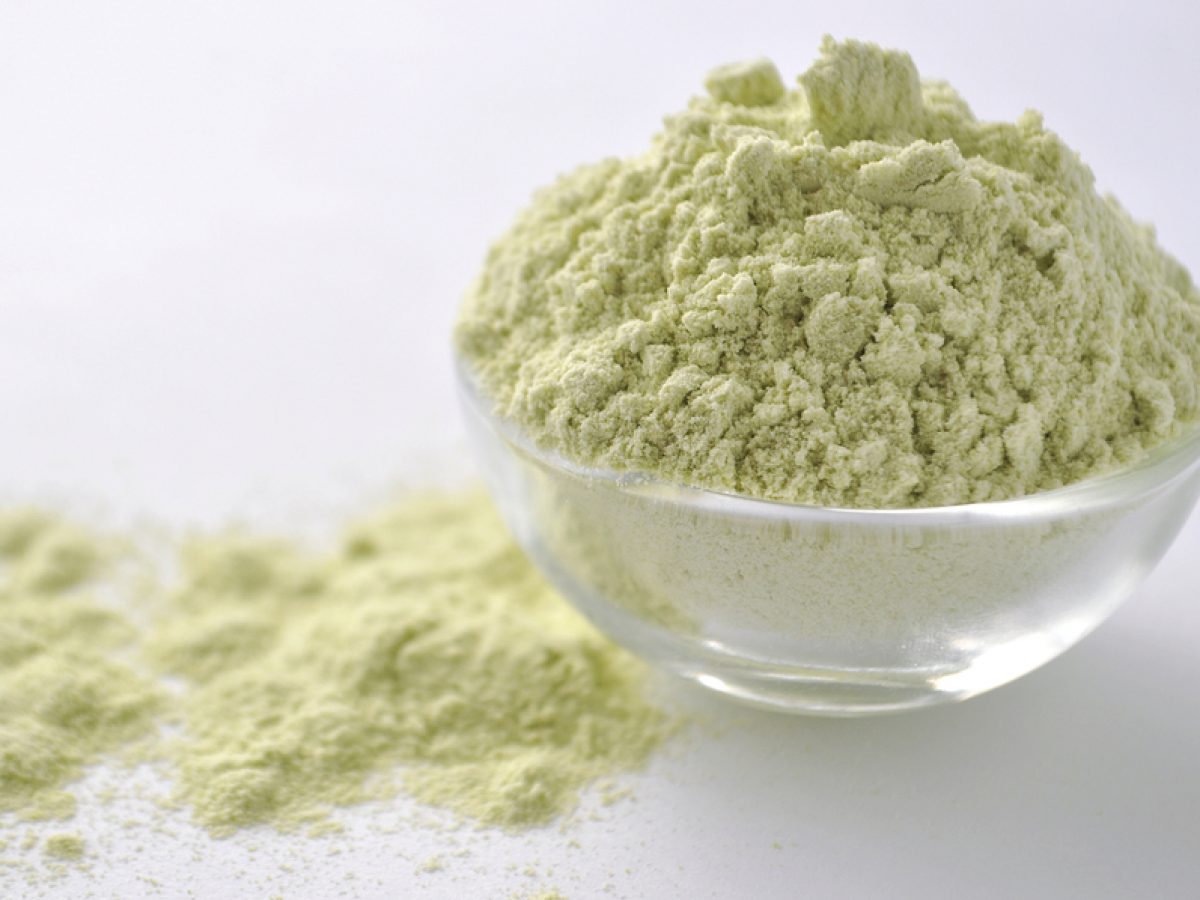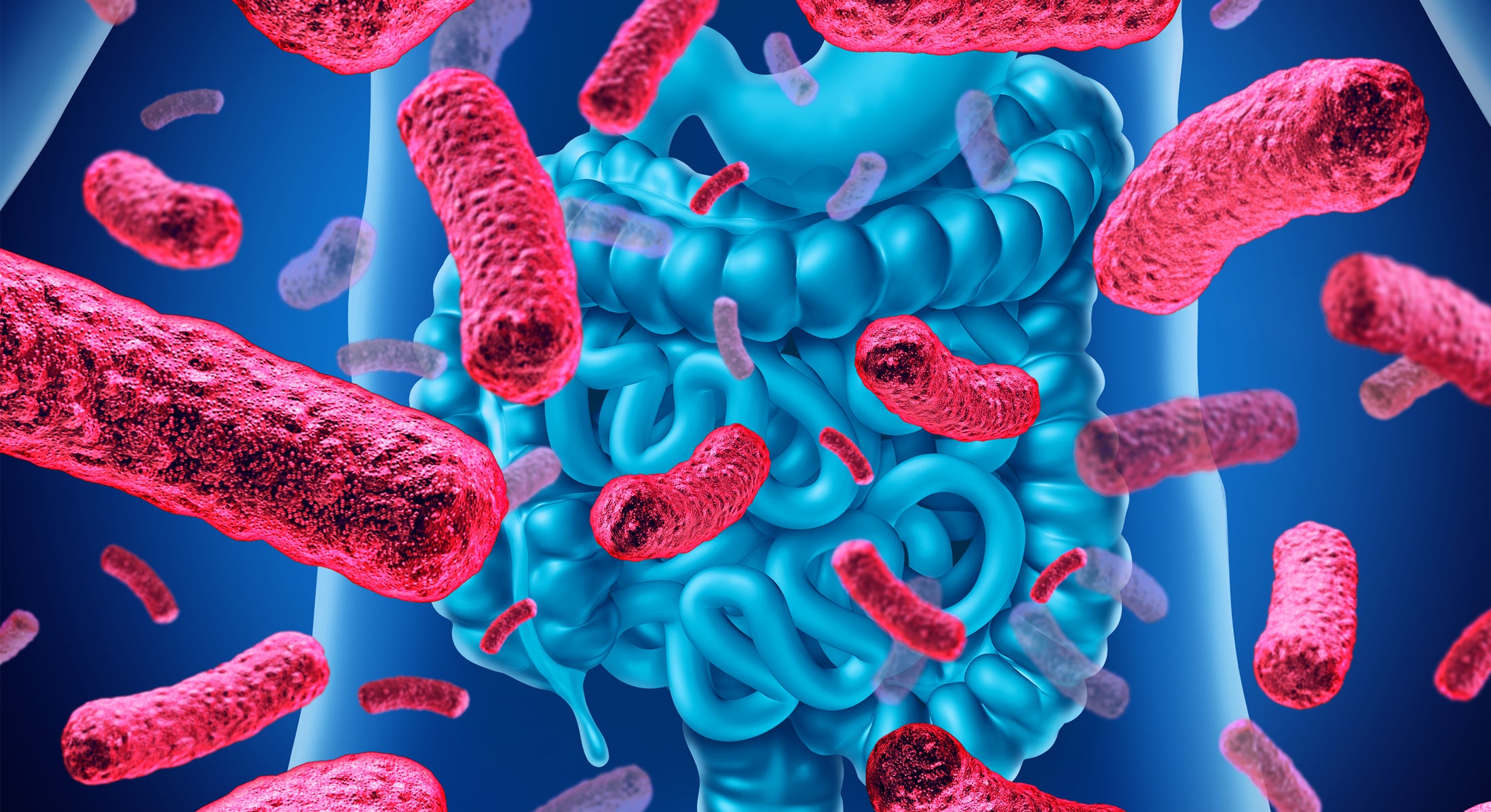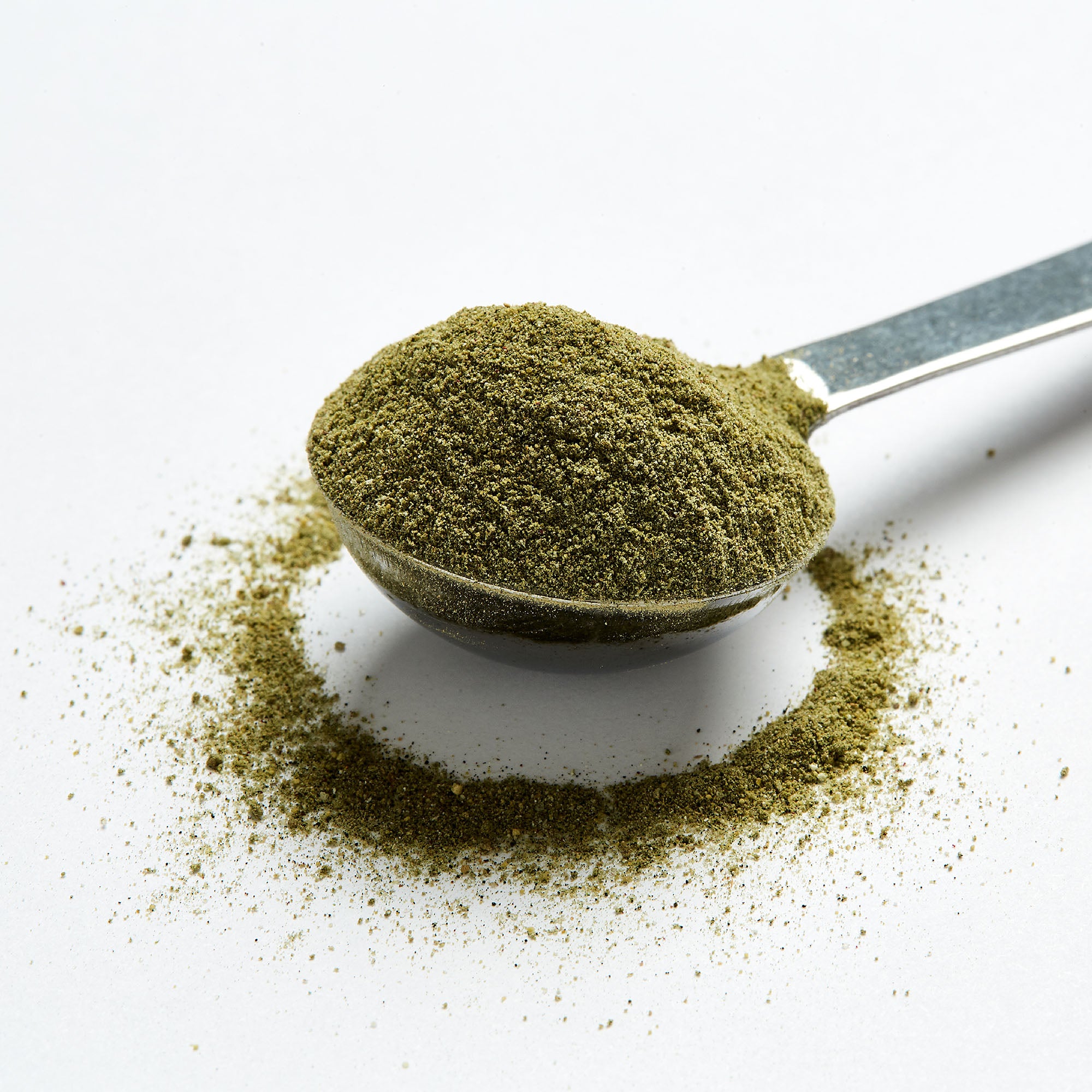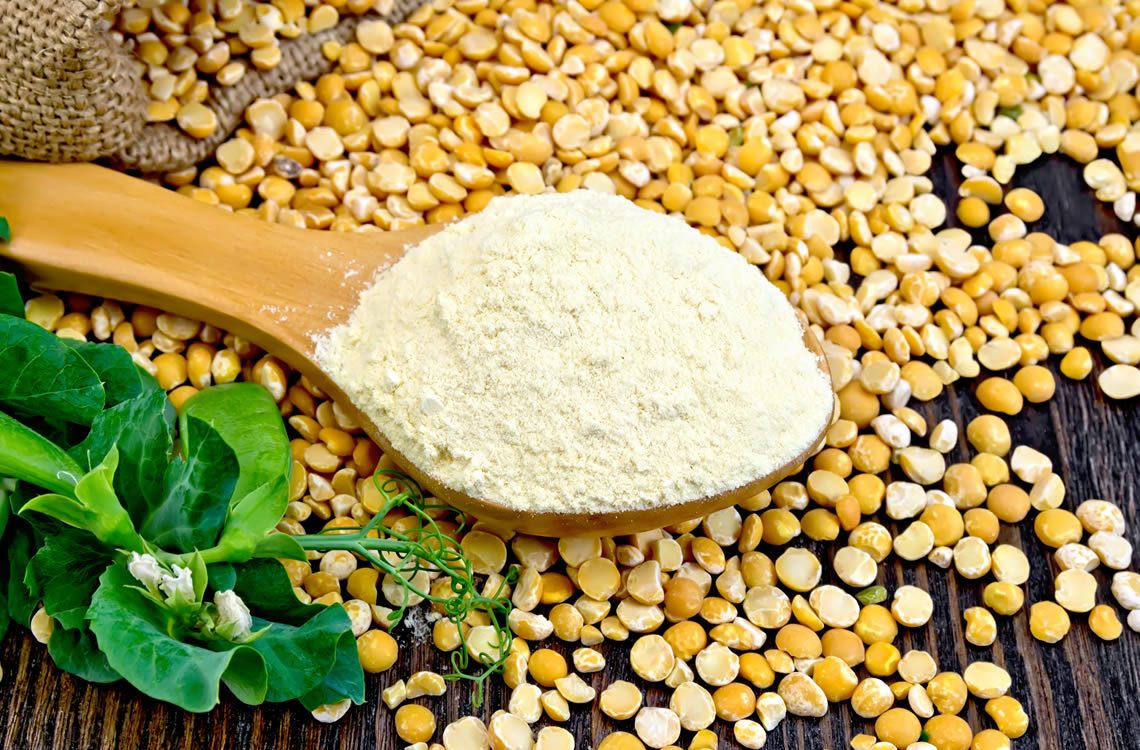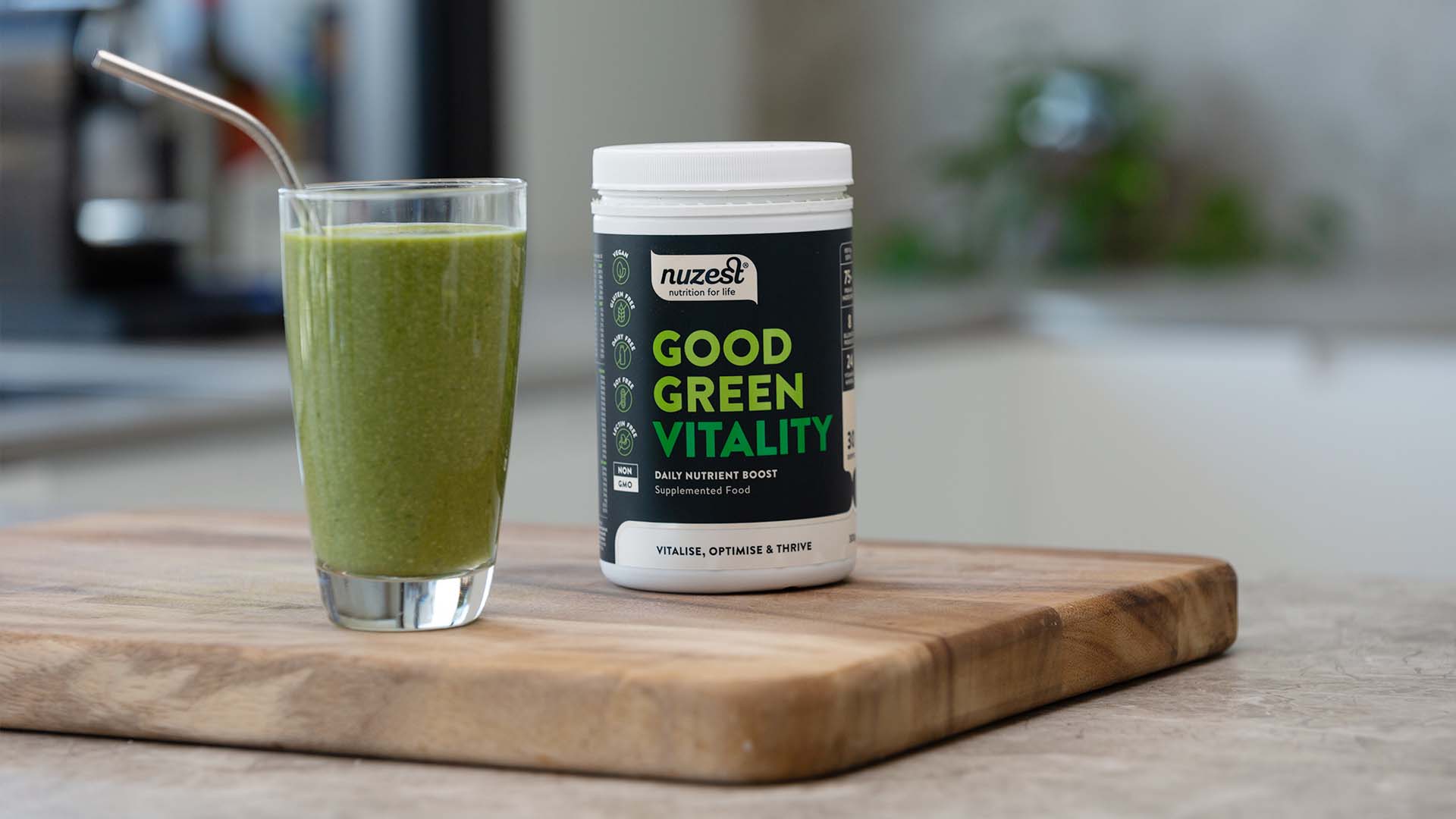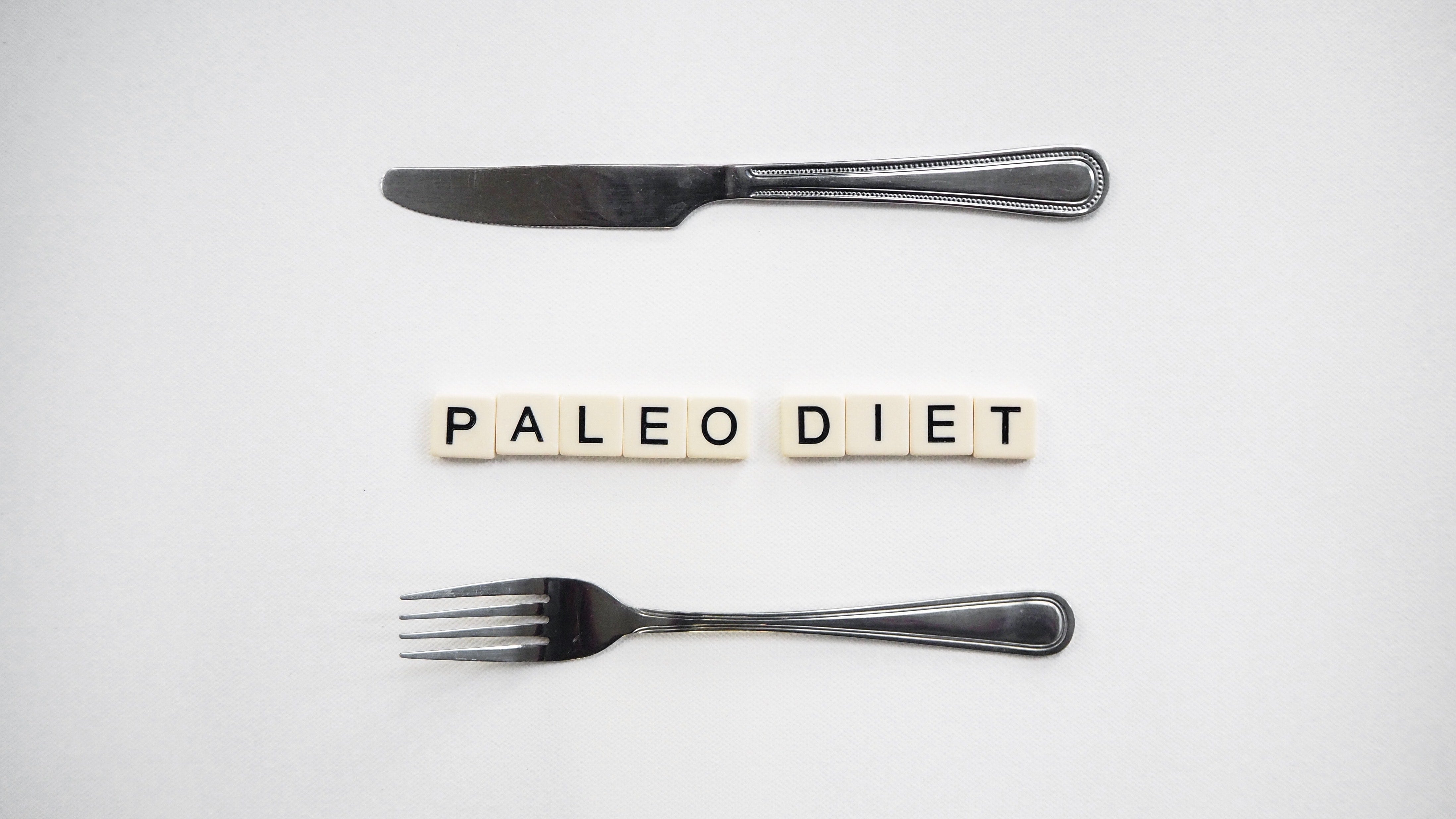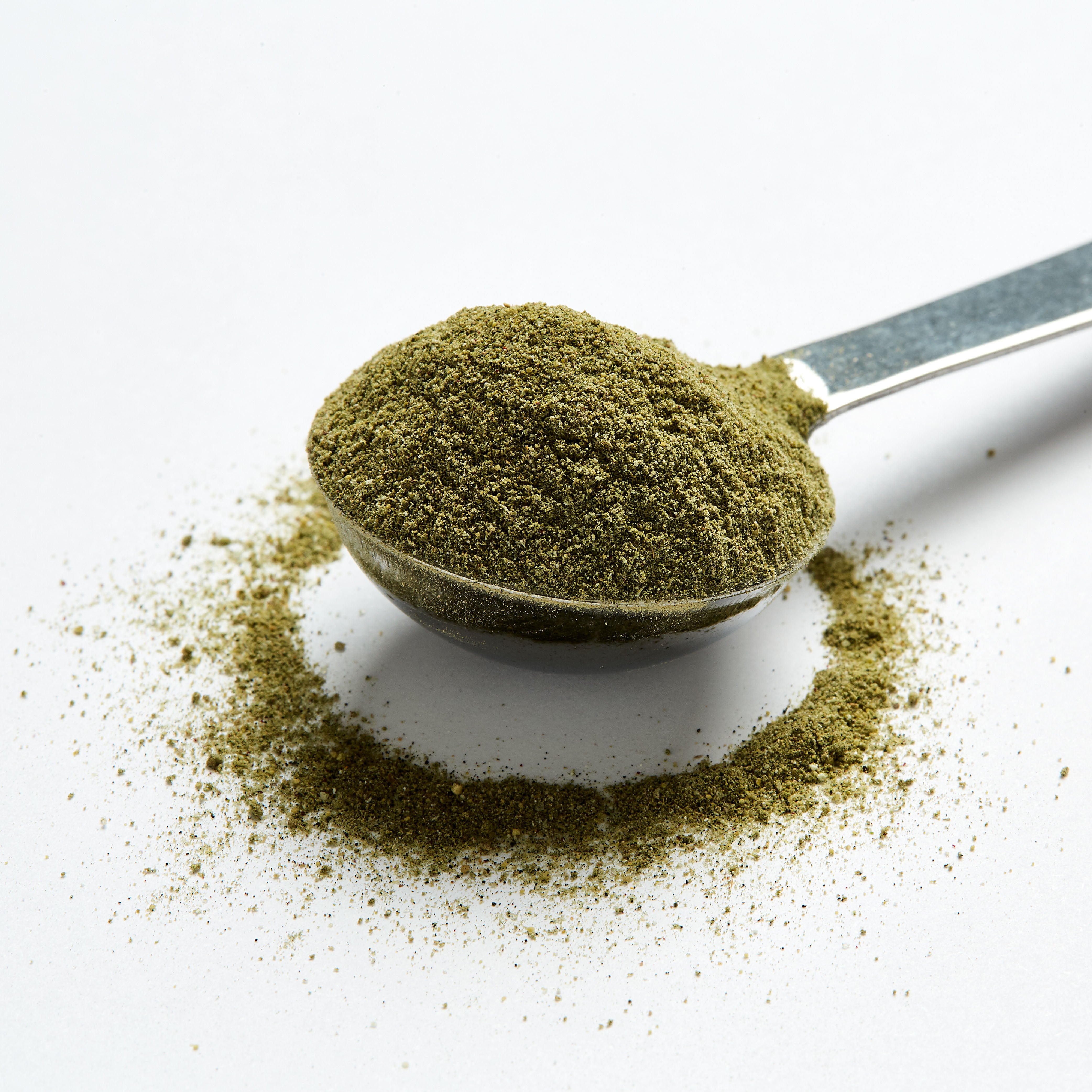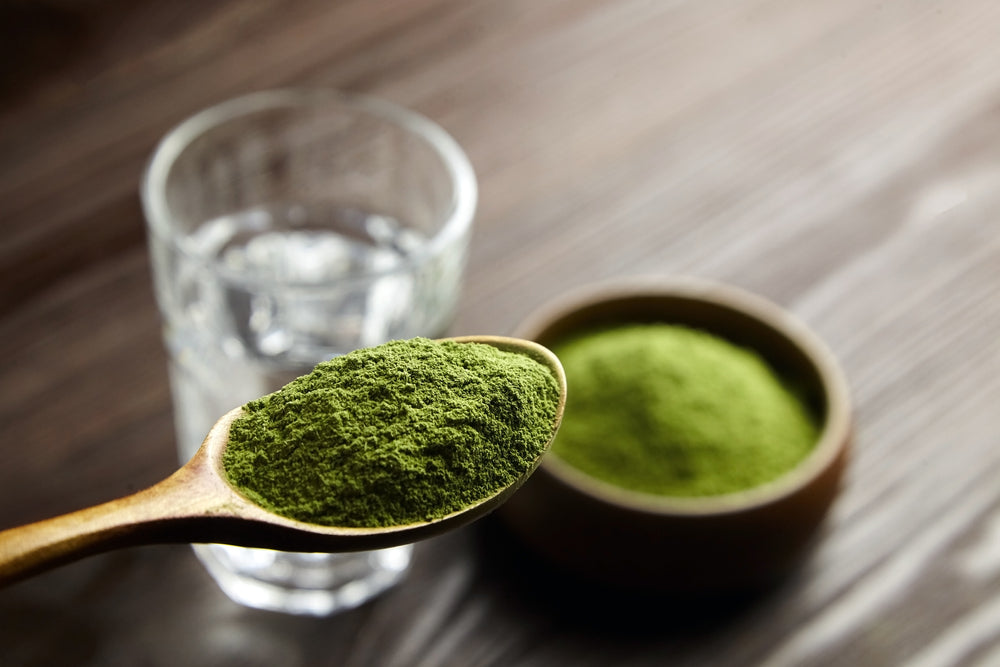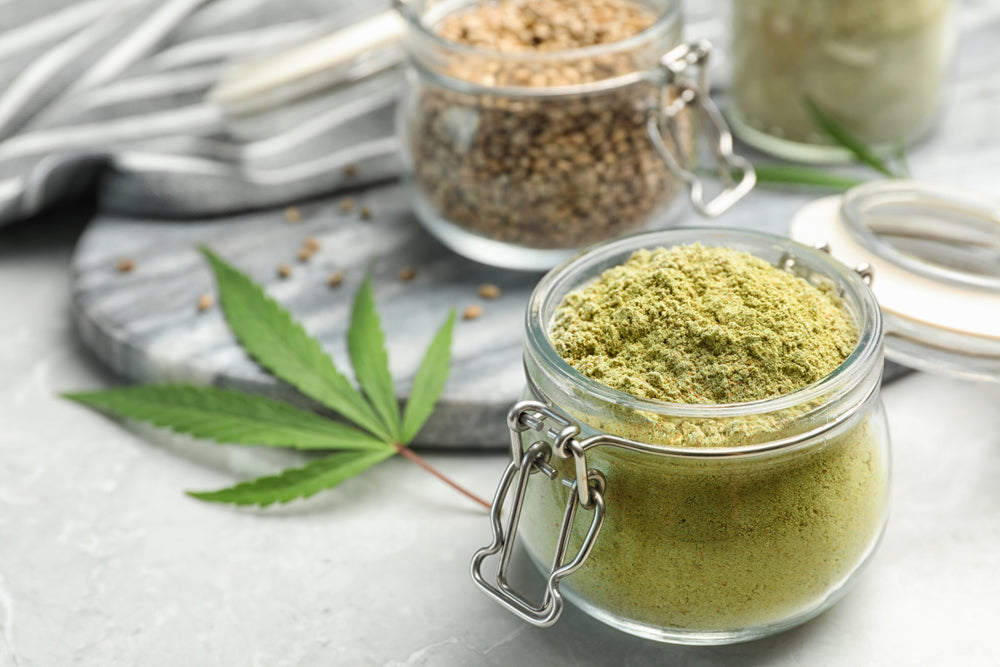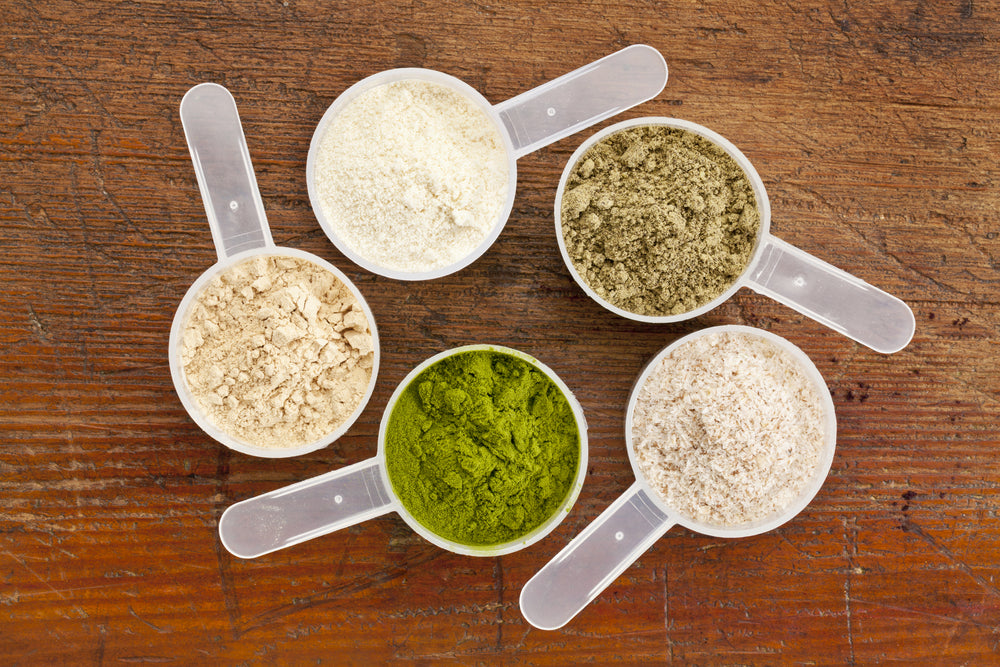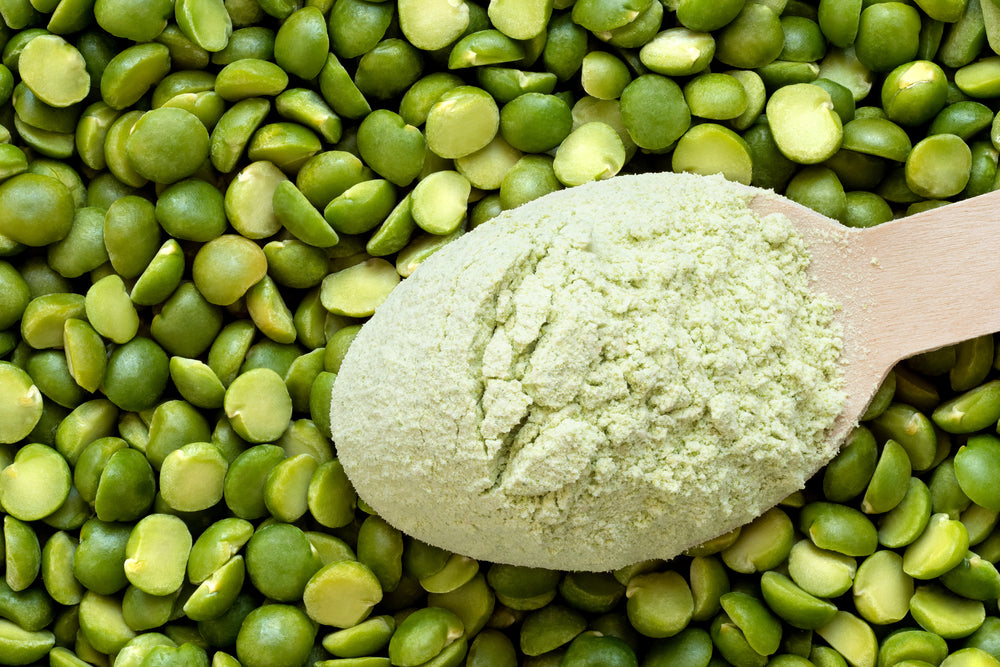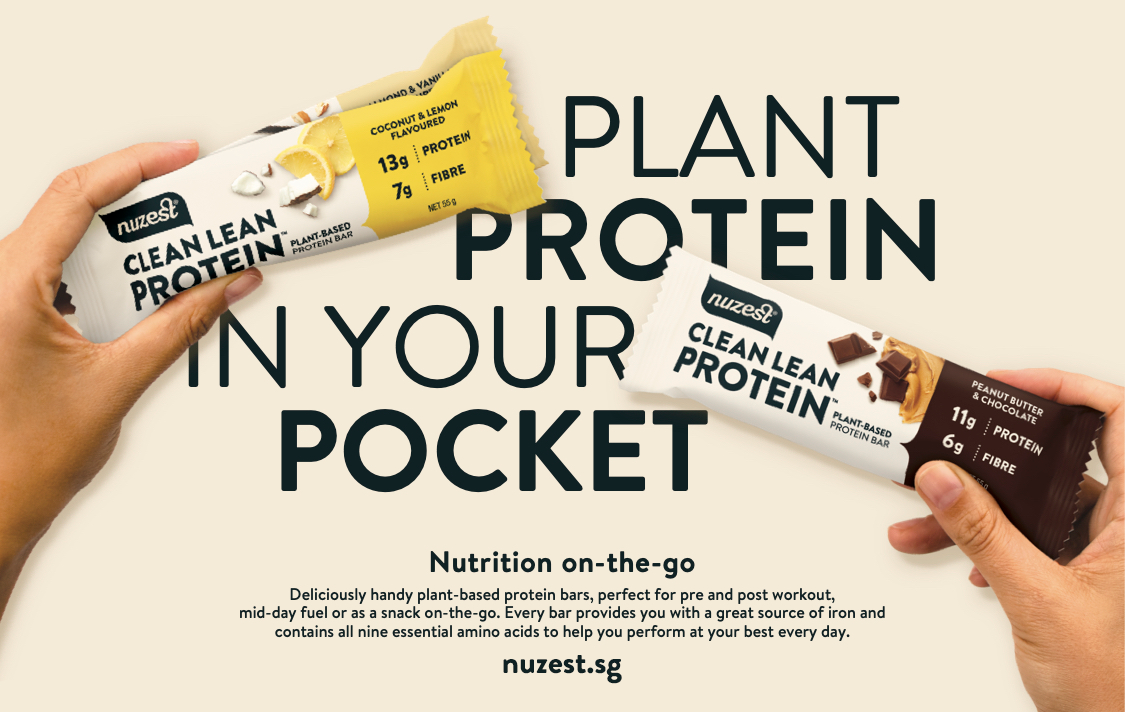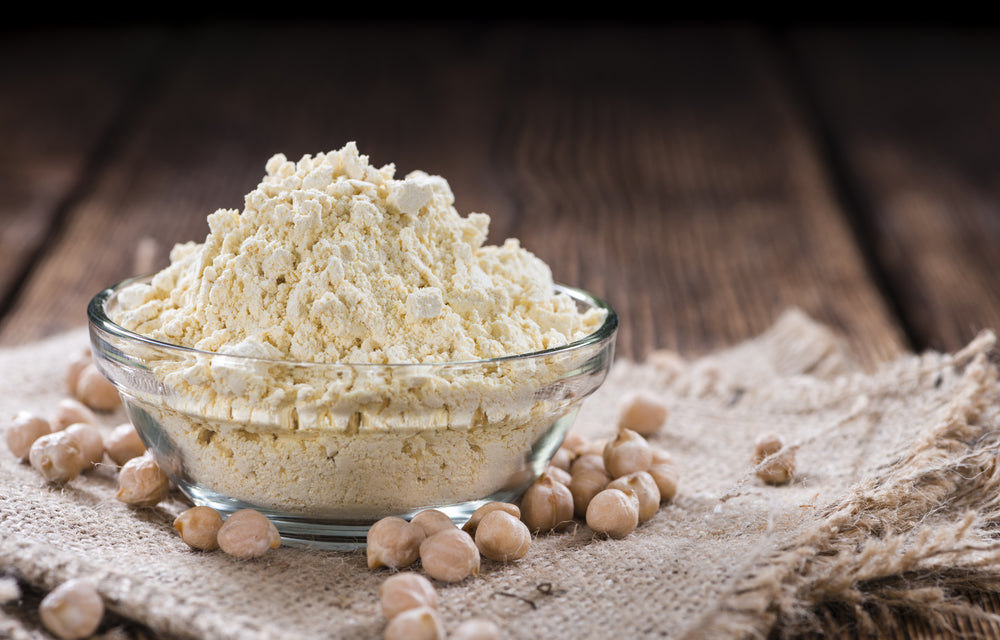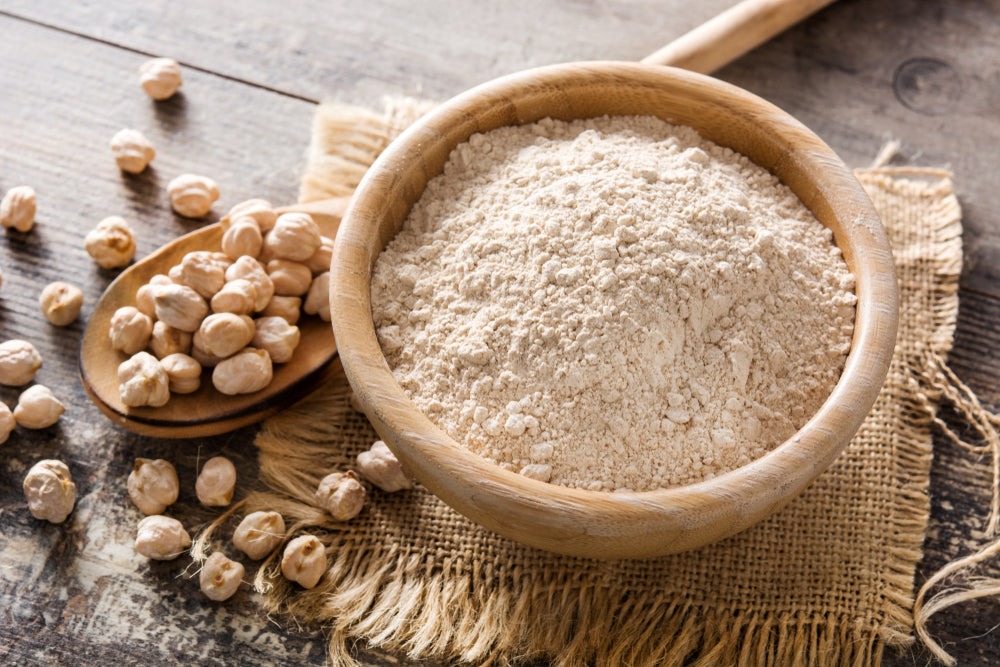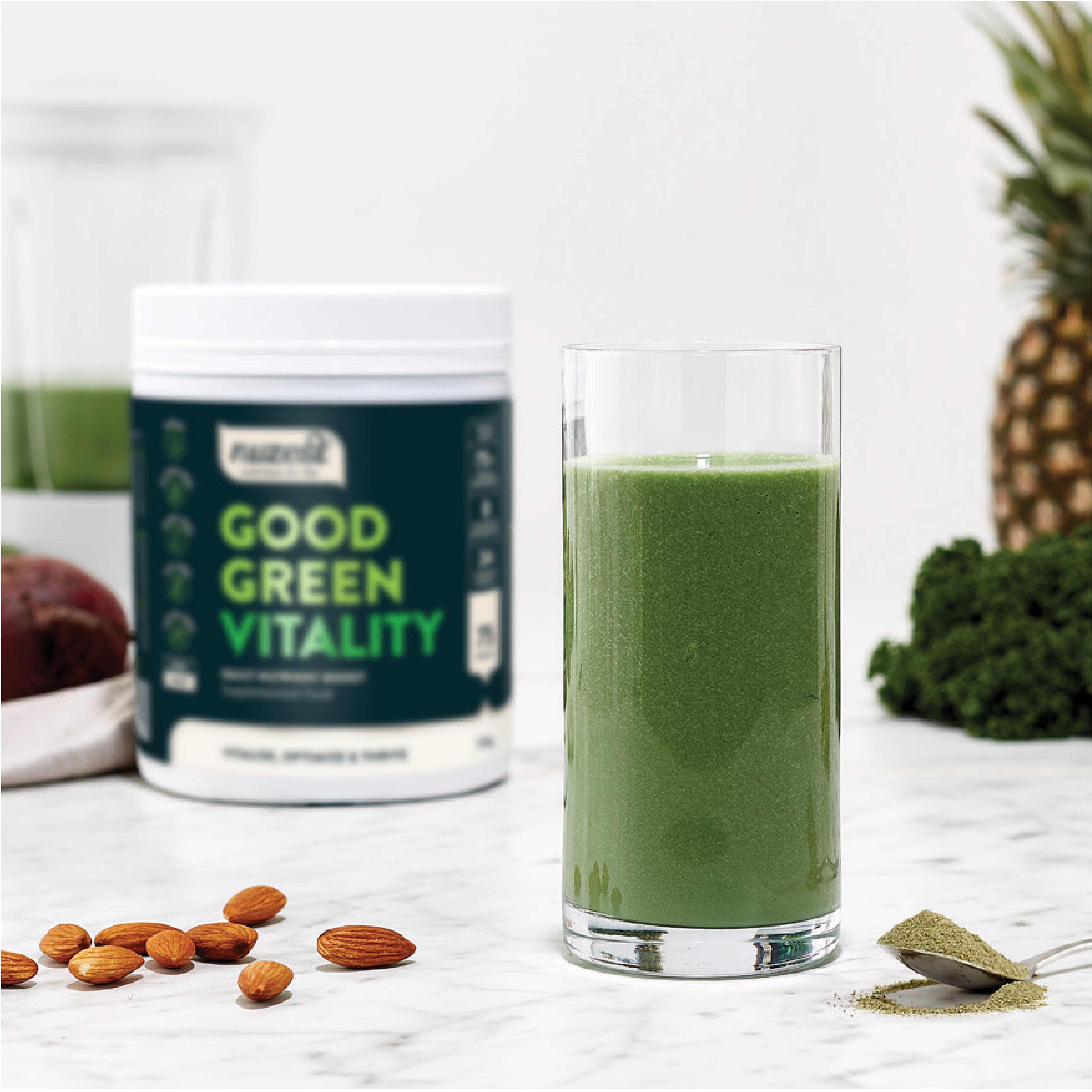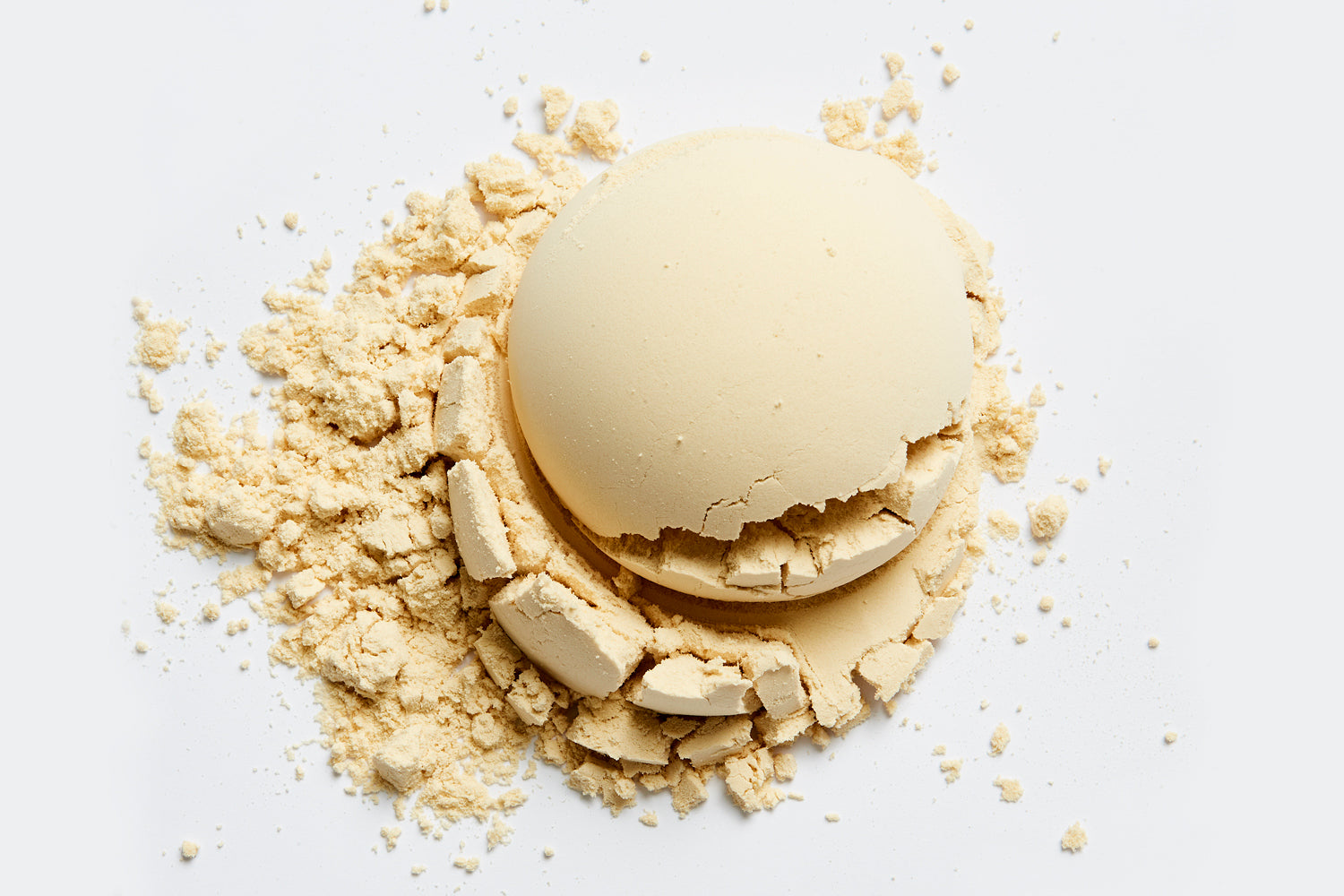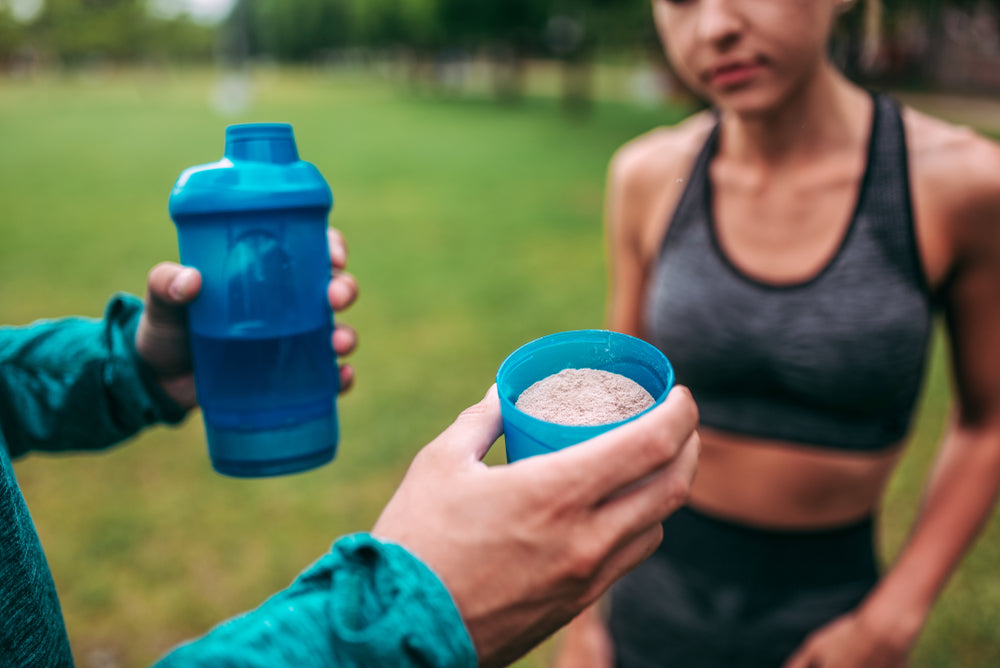Combining Prebiotics and Probiotics: Is It Good For the Gut?
Gut health was not given much attention in the past, unlike today. These days, we now see a fast-growing trend of food and drink products that support gut health. And, prebiotics and probiotics are selling like hotcakes! You may already be aware of how each of these tummy goodies functions in the digestive system, but you might have this inkling concern in mind. Can you combine prebiotics and probiotics at the same time?
There's no problem if you are planning to take prebiotics and probiotics at once. In fact, your gut will be happy to welcome both of them at the same time. Although probiotics alone can work independently in the body, taking them with prebiotics will strengthen its effectiveness.
In this post, let's discuss a few points about human gut health and more stuff about prebiotics and probiotics. These are the main points that we are going to focus on in this article:
- What is the difference between prebiotics and probiotics?
- Where can you find prebiotics and probiotics?
- How do prebiotics and probiotics keep our gut healthy?
- Can you take prebiotics and probiotics together?
- Are there any health risks involved when taking prebiotics and probiotics simultaneously?
Let's find out.
The Human Gut Health
The gut is home to trillions of microbes. In fact, they co-exist within us since the day we are born. Most of them are primarily settled in the gut, but you can also find them in the mouth, intestines, skin, vagina, or other body parts. Our bodies give them a home to survive while they take care of our gut health in return.
Our gut microbiome consists of a diverse community of microbes. These microbes are a combination of bacteria, yeasts, protozoa, and viruses. For the microbiome to keep the gut healthy, it must always maintain a balance between different types of colonies.
So, what do these colonizers provide do to our health? They can:
- Aid food digestion.
- Regulate the immune system.
- Detoxify the body.
- Promote brain health.
- Support the synthesis of particular vitamins - B vitamins and vitamin K.
When your microbiome goes haywire, you become vulnerable to gut problems.
As we move forward with our lives in this contemporary world, we have also entered a "westernized" trend of lifestyle and eating habits.
Gut problems occur due to infection, unhealthy diets, or prolonged use of antibiotics. If harmful microbes find their way into our bodies, they can destroy the balance between microbial colonies. This condition is called dysbiosis. The disturbance in the colonies can halt the regular activities of the microbiome, making your body more susceptible to diseases.
Constipation, irritable bowel syndrome, ulcerative colitis (UC), colorectal cancer, gastroesophageal reflux disease (GERD), and Crohn's disease (CD) are the common "Western" gastrointestinal diseases that are now significantly emerging in different wealthy regions of Asia.
With millions of people affected by gastrointestinal diseases, more holistic approaches to healthy living are also catching up. The use of prebiotics and probiotics is one of the practical solutions to help treat gut problems.
What Is the Difference Between Prebiotics and Probiotics?
First, let's differentiate how both of these gut-healthy buddies work.
What is prebiotics?
Prebiotics are a type of non-digestible fiber compounds that serve as the food for the trillions of good bacteria and yeast colonizing in your gut. In other words, they can't be digested or absorbed in the stomach, and they are not living organisms like probiotics. The central goal of using prebiotics is to increase the survival rate of probiotics until it reaches the gut.
Natural Sources of Prebiotics
The most common type of prebiotic fiber is inulin which is found in over 36,000 types of plants from fruits, leafy vegetables, whole grains, and legumes.
From fruits, vegetables, seeds, and whole grains, here's a list of foods that contain prebiotic fibers.

You can also find commercial products that are fortified with prebiotics. They’re commonly found in bread, cereals, cookies, yogurt, and infant formula. In their food label, you will know they contain probiotics if the ingredients are
- Chicory fiber
- Fructooligosaccharides
- Inulin
- Galactooligosaccharides
- Oligofructose
Aside from natural sources, prebiotics is also available in the supplements market. They usually come in liquid and powdered forms.
Health Benefits of Prebiotics
The International Scientific Association for Probiotics and Prebiotics suggests that the prebiotics have the following potential benefits:
- It supports the growth of probiotic bacteria in the gut
- It improves calcium absorption
- It helps change the rate for the body to process carbohydrates
Furthermore, researchers are looking into the ability of probiotics in the management of irritable bowel syndrome and obesity control.

What are probiotics?
Also known as good bacteria, probiotics are live microbes that provide physiological effects to our digestive health - they naturally occur in the human intestine.
How to tell if a microbe is considered a probiotic? It is a probiotic if they meet the following characteristics:
- They can be isolated from a human.
- They can survive in the intestine after consumption.
- They have a proven health benefit.
- They can be safely ingested.
Lactobacillus and Bifidobacterium species are the most common types of probiotic bacteria. Other common strains of healthy probiotics are:
Lactobacillus species
- Lactobacillus acidophilus
- Lactobacillus bulgaricus
- Lactobacillus casei
- Lactobacillus gasseri
- Lactobacillus plantarum
Bifidobacterium species
- Bifidobacterium bifidum
- Bifidobacterium lactis
- Bifidobacterium longum
Others
- Enterococcus faecium
- Saccharomyces boulardii
Health Benefits of Probiotics
Promotes healthy digestion.
Probiotics help restore and maintain the balance of the microbiome. The microbes in our gut get nourishment from the food we eat. In return, they assist food digestion and prevent harmful bacteria from colonizing the gut.
Strengthens immune function.
A balanced microbiome prevents the overproduction of harmful bacteria and boosts the body’s protection against other pathogens and auto-immune diseases.
Promotes a positive mood.
Research found that certain probiotic strains like Lactobacillus helveticus and Bifidobacterium longum strains can help reduce the symptoms of anxiety and depression.
Eases bowel movement.
It makes you feel less bloated and promotes optimal bowel movement.
Prevents digestive problems
Research suggests that probiotics can effectively treat certain digestive problems such as diarrhea, irritable bowel syndrome (IBS), and constipation.
Natural Sources of Probiotics
Try your best to include probiotic-rich foods in your regular diet and include prebiotic foods to help feed the trillions of army in your gut. Probiotics are found in foods like:
- Apple cider vinegar
- Brine-cured olives
- Coconut kefir
- Kefir
- Kimchi
- Kombucha
- Kvass
- Miso
- Natto
- Pickled cucumbers
- Raw cheese
- Raw milk + A2 aged cheese
- Salted gherkin pickles
- Sauerkraut
- Tempeh
- Traditional buttermilk
- Water kefir
- Yogurt

Can You Combine Prebiotics and Probiotics Together?
You can never go wrong with taking prebiotics and probiotics. Both work together harmoniously in keeping your gut healthy. Using prebiotics and probiotics together is referred to as microbiome therapy. If you have a food source or supplement containing both prebiotics and probiotics, the combination is termed “synbiotic.”
As prebiotics become the food for probiotic bacteria, you will often find that some probiotic supplements may also contain small amounts of prebiotics.
Side Effects of Taking Prebiotics and Probiotics at the Same Time
According to the Centers for Disease Control and Prevention (CDC), it is generally safe to use commercial prebiotics and probiotics.
Since not all synbiotic regimens are not made equal, it may cause some side effects such as gas, bloating, constipation, acid reflux, loose stool, and loss of appetite, especially during the early days of taking them.
You may also need to watch out for allergic reactions such as hives or extreme stomach pain after taking a specific type of probiotic. When these side effects occur, we advise that you stop taking that supplement and contact your doctor immediately.
How Can Prebiotics and Probiotics Keep Your Gut Happy?
Here are facts on how prebiotics and probiotics can keep your gut happy:
- Both can work as an effective treatment for specific health conditions such as the following:
-Digestive issues such as diarrhea and irritable bowel syndrome (IBS).
-Allergic disorders
-Common colds
-Inflammatory arthritis - They can be used as a treatment for obesity.
- They may soon serve as a possible solution to prevent the spread of cancer.
Grab Your Prebiotics and Probiotics Combo From Nuzest’s Good Green Vitality!
Our Good Green Vitality can give you EIGHT BILLION CFU probiotic cultures of L. acidophilus and B. bifidum! It contains a fantastic blend of gut-friendly prebiotics and other ingredients such as:
- Aloe vera leaf
- Flaxseed
- Globe artichoke
- Apple pectin
- Psyllium husk
- Milk thistle seed
- Bromelain
- Licorice root
- Dandelion whole plant
- Slippery elm bark
Everything in you will get from Nuzest is vegan, organic, gluten-free, dairy-free, soy-free, lectin-free, and non-GMO! It is also free from fillers, gums, and artificial preservatives.
It is best for individuals with allergies or food sensitivities to animal-based and other plant-based protein sources.
Good Green Vitality
75 ingredients working together to support everything from digestion, immunity, and healthy ageing, to stress, energy, and cognition in one daily serve.

Disclaimer:
The information provided on Nuzest is for educational and informational purposes only. The information provided on this site is not, nor is it intended to be, a substitute for professional advice or care. Please speak to your qualified healthcare professional in the event that something you have read here raises questions or concerns regarding your health.


